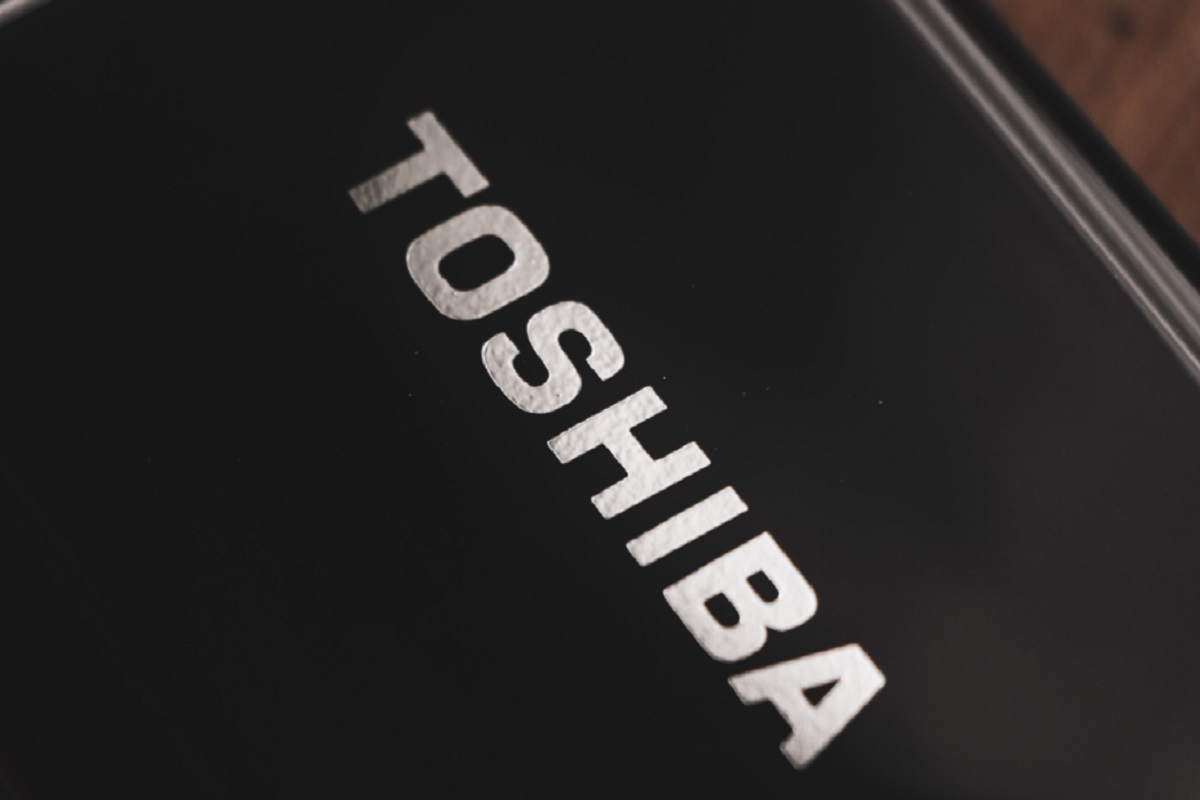Toshiba has announced that it expects a $15 billion buyout offer by a group led by private equity firm Japan Industrial Partners to begin in August.

The commercial process will begin after obtaining the necessary approval from regulators. The corporation published a statement containing information that the tender offer, which the Japanese conglomerate needs against the background of its not the best situation, will start after the completion of the procedures provided for by the norms of the legislation on foreign competition and foreign direct investment.
The Tokyo-based company sees the take-private offer as an opportunity to recover from scandals lasting several years, management reshuffles, losses in the field of nuclear energy, and the sale of a valuable chip manufacturing business.
Toshiba recommended that shareholders put their shares up for sale as part of the offer, the price of which is lower than expert estimates. This recommendation appeared against the background of vague prospects for the business of manufacturing flash memory chips for Kioxia Holdings.
The Board of the corporation approved the offer to buy back shares in March of this year. The management of Toshiba, the government of Japan, and many foreign shareholders do not have a common opinion about the most acceptable option for the future of the company. Investors strive to bring profit indicators to the maximum possible value. The Japanese government considers the preservation of confidential technologies and business within borders that foreign partners should not cross as a priority in the context of the corporation’s further development strategy.
Mio Kato, an analyst at LightStream Research, says that one of the main problems of Toshiba is the lack of a clearly formulated activity strategy at the level of conceptual understanding. According to him, the corporation was harmed by constant changes in the vector of development. He also says that the company needs to create new growth factors and maximize potential.
Toshiba is an important corporation for Japan from the point of view of national security. This status of the company is due to its activities in the field of nuclear energy. Toshiba is involved in decommissioning the Fukushima Dai-Ichi nuclear power plant, which was destroyed in 2011 due to an earthquake and tsunami. The Japanese government decided not to entrust the implementation of this project to foreign companies.
The last eight years have been a way for Toshiba from one problem to another. All the troubles of the corporation were not failures within a framework that did not have a catastrophic scale. Each problem had a significant impact and serious consequences. In 2015, there was an accounting scandal that triggered a drop in profits and restructuring. The collapse of the nuclear energy business in the United States caused the debiting of $6.3 billion. The company had to sell its crown jewel memory chip and offer shares to foreign investors.
At the beginning of 2022, the shareholders of Toshiba rejected the management’s proposal to split the company in two. This course of action was designated as an alternative to selling the conglomerate to private shareholders. After the failure of this plan, the search for strategic options for the future of the corporation began.
As we have reported earlier, Toshiba Debuts Mission Control for Retail Intelligence.









